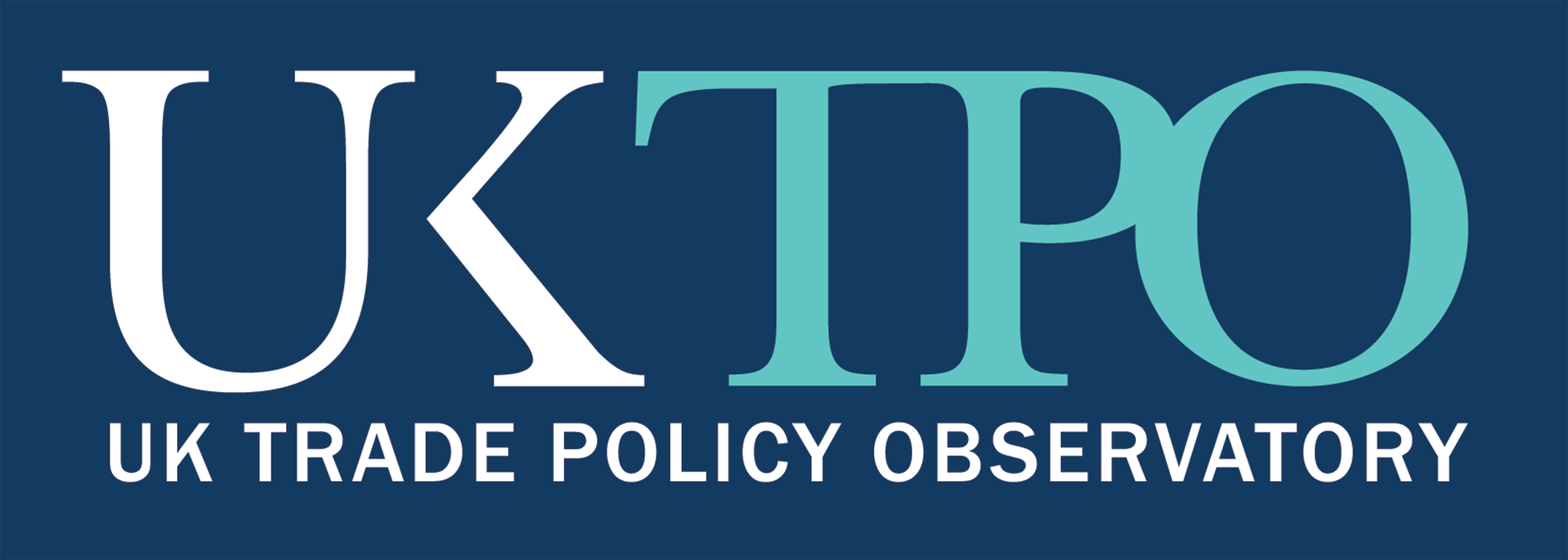The Long Game beyond tariffs
The global economy faces a roller-coaster ride every time Mr. Trump is in the White House. Last time, a focus on controlling China’s growing economic power meant that the rest of the world narrowly escaped the wrath of the United States executive, with some tariffs on some sectors. This time around, things are quite starkly different: it is difficult to even know who constitutes a friend or a foe. All trading partners are now threatened with high horizontal tariffs in the name of “reciprocity”. Adding to this list of unknowns is the uncertainty around non-tariff policies, the uncertain implementation of non-binding deals, and the nature of an elusive collective response. First, tariff and non-tariff policies. Trump appears focused on tariffs, using import tariff threats to secure various trade concessions and other commitments. Unsurprisingly, the prevailing vexation of the rest of the world is regarding the higher tariffs on their exports to the US. There will certainly be losers both in the US and its trading partners, due to the shocks of tariff hikes. The hope is for a predictable and stable trading environment to be restored soon. However, while we worry about tariff hikes and policy uncertainty, we should not [...]

